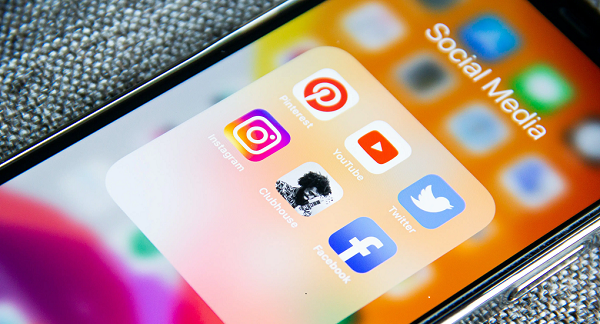Until recently, hashtags ruled digital visibility. From #ThrowbackThursday to #TGIF to #WCW, and even #EndSARS, hashtags helped build Internet communities and conversations.
However, as we step further into 2025, the question buzzing across digital corridors is, are hashtags still relevant?
Well, not quite, but they have certainly lost their crown.
The decline in hashtag activity
Let’s go back to 2014. Instagram was gaining traction; Twitter (now X) posts were still 140 characters long, and hashtags were gold. They helped content go viral, brought visibility, and even started social movements.
These hashtags were primarily a way to drive keyword searches. They provided content suggestions based on these keywords.
However, as platforms evolved, so did their algorithms, which may have pushed hashtags to a corner.
Presently, the digital landscape has become algorithm-first, and hashtags have somehow been relegated. TikTok is the dominant content platform among Gen Z’s in Africa and beyond, and it doesn’t rely on hashtags to surface trending content. Instead, it leans on behavioural data, that is, what you like, how long you watch, and what you comment on, to curate your feed.
Instagram and X have followed suit, shifting towards interest-driven discovery. It’s less about what you tag and more about what the algorithm thinks you’ll like.
Hashtags still live, just not how they once did.
Join 30,000 other smart people like you
Get our fun 5-minute roundup of happenings in African and global tech, directly in your inbox every weekday, hours before everyone else.
“Hashtags are losing their touch, but they can be helpful for new and upcoming content creators,” says Nathan Olori, a TikTok and Instagram influencer. “You don’t see celebrities using hashtags because there are other social media tools, but for new content creators, they are still somehow relevant.”
In the African creator ecosystem, especially in Nigeria, Kenya, and South Africa, hashtags still serve niche purposes, community building (#TechpointDigest), event aggregation (#LagosStartupExpo2025), and activism (#JusticeMustPrevail). But their role in boosting discoverability is nearly obsolete.
Meta’s documentation now says hashtags are a “secondary signal” for Instagram’s recommendation engine. Translation? Use them if you want, but do not expect them to give your posts a wide reach.
A video of Instagram’s CEO stating that hashtags do not necessarily drive engagement surfaced on the Internet early this year and has sparked debate among users.
Some have asked, “If they are no longer relevant, then why do you still have them as an option when posting?”
These hashtags are sometimes just used to categorise and index content, especially on platforms like Instagram, which is why it is still an option.
In the 2025 African Creator Survey, 73% of content creators said that they rely on trends to create content and boost audience growth, rather than hashtags. This is relevant since most of these trends can be seen on the ‘For You’ page on TikTok or on Instagram’s ‘Feeds’ or ‘Explore’ page.
Meanwhile, on LinkedIn, hashtags are alive and well. Professionals still use them to tag topics, join conversations, and show up in searches. However, that may be more about SEO than community.
What is replacing hashtags?
One word: algorithms.
Algorithms have become so advanced that they can understand what content is about without a single tag. Using AI-powered content recognition, platforms analyse visuals, text, speech, and behaviour to determine who should see a post.
This AI analyses video content like background, sounds, subtitle texts, and motions to depict and push these videos to the relevant audience.
For creators, that means focusing more on storytelling, editing, timing, and audience engagement than stacking #likefortags.
Simultaneously, communities are moving from open timelines to closed spaces, such as WhatsApp channels and Telegram groups, where hashtags are irrelevant.
Hashtags in Africa
In Africa, where social media is often a vehicle for entrepreneurship, activism, and influence, the hashtag once had a special place. Campaigns like #EndSars in Nigeria showed the power of hashtags to unify voices across a continent.
Today, even grassroots movements are evolving. AI-driven tools, meme culture, and viral challenges are now leading the charge. The message spreads with or without a tag because the platforms do the tagging behind the scenes.
So, are hashtags dead in 2025? Not exactly, but they have been replaced with smarter algorithms, AI content mapping, and behaviour-first discovery models.
For African creators, brands, and activists, the focus now is not on what you tag but on what you create and who you connect with.
Hashtags may still be on your keyboard, but they are no longer the key to digital success.
The age of hashtags isn’t over, though; it’s just being redefined.

